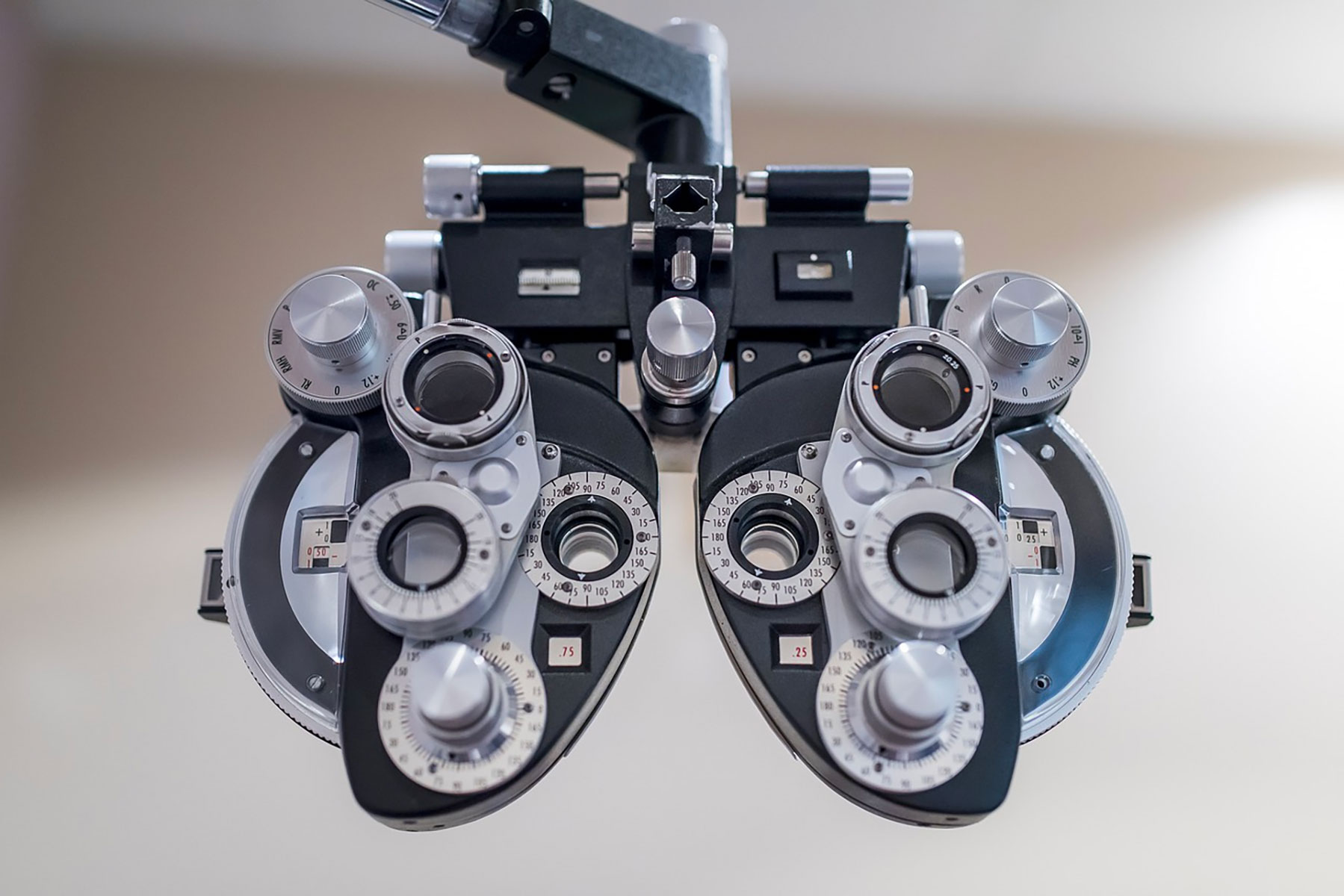October is Breast Cancer Awareness Month, and at NeuroVisual Specialists of Florida, we want to remind people that there is a connection between breast and eye cancer. An eye screening that reveals cancer also indicates that you should get a breast cancer screening.
The Connection Between Eye Cancer and Breast Cancer
The choroid is a layer of tissue in the middle of your eye between the white outer layer (sclera) and the retina. The choroid houses many of the blood vessels that feed the eyes. Cancer cells can spread through blood flow from one part of the body to the eyes. This is where we find the connection between eye cancer and breast cancer.
The choroid is the most common site in the eyes for cancerous cells from another part of the body to land and form tumors called choroidal metastases. Breast cancer is the most common culprit in women, causing 40-47% of these tumors in the eyes.
While some women complain of blurred vision when they have choroidal metastases, many don’t have any symptoms. But detecting these eye tumors is about more than preserving your vision. Around 25% of patients with eye metastases do not have a history of cancer but then receive a cancer diagnosis in another part of their bodies. For women, that is often breast cancer.
More than 3.8 million women in the United States have a history of breast cancer, and experts estimate more than 287,000 new cases of invasive breast cancer in 2022. It is the most commonly diagnosed type of cancer among women.
While people commonly think that women inherit the disease, only about 5-10% of breast cancer cases are linked to genes inherited from parents. Less than 15% of diagnosed women also have a family member with a breast cancer diagnosis. However, if a woman does have a first-degree relative, such as a mother or sister, with a diagnosis, her chances of getting breast cancer are almost doubled.
Experts disagree on when women should start getting breast cancer screenings. It would be best if you talked to your doctor about your family history and any concerns you may have and decided together on the best approach. Most insurance plans must cover mammograms starting at age 40.
If you have no insurance or your insurance doesn’t cover breast screenings, you may be eligible to receive them for free. The Centers for Disease Control runs the National Breast and Cervical Cancer Early Detection Program to help women who can’t otherwise get screenings. Visit their website to find out if you are eligible.
Get An Eye Exam at NeuroVisual Specialists of Florida
Eye screenings and exams can help detect eye cancer, which can signify that you may have cancer in another part of your body. At NeuroVisual Specialists of Florida, we offer comprehensive eye care for your entire family. We provide a professional and comforting setting and an experienced, compassionate staff.


